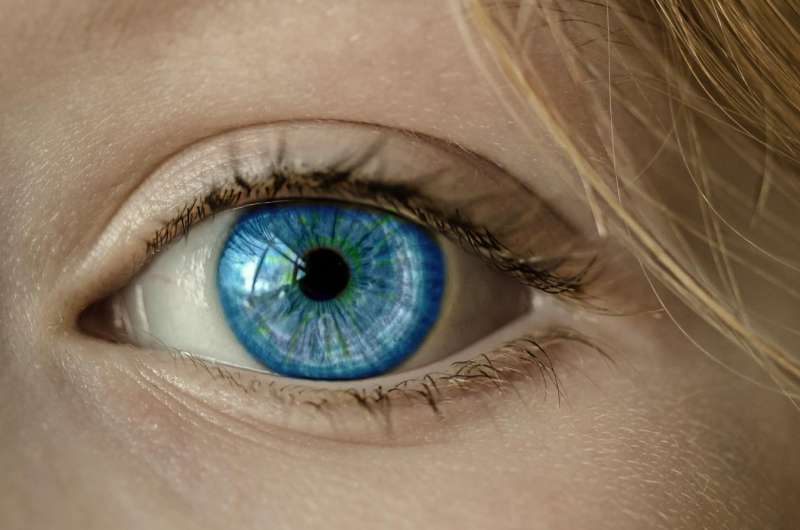Credit: CC0 Public Domain
Ophthalmologists expect to see a few patients who might have injured to their eyes by staring at the sun during Monday's solar eclipse.
Called solar retinopathy, the injury occurs when the sun rays damage the retina, a layer of light-sensitive cells in the back of the eye.
Patients may lose their central vision and only be able to see via their side vision. They may develop blurred vision and headache or lose the ability to see colors.
These symptoms may develop immediately or in the hours after staring at the sun.
"Solar retinopathy is not very common," said Dr. Jaime Membreno, an ophthalmologist at Retina Macula Specialists in Winter Park, Fla., in an email. "However I do see and treat many cases that are very similar to solar retinopathy every day."
Absent a solar eclipse, solar retinopathy is mostly diagnosed among individuals who gaze at the sun during religious rituals, or are exposed to the sun for long periods of time during sunbathing. There are also case reports of retinal injury in individuals who have stared at the sun when under the influence of drugs, including marijuana.
When turns directly toward the sun, retinal cells get overstimulated by light and produce a chemical, which in excess amounts can damage the surrounding tissue, according to this article.
There's no specific treatment for solar retinopathy, although doctors can accurately diagnose it with today's available technology.
Recovery depends on the extent of exposure and the severity of damage. Some studies show that most patients recover their vision, usually within a year, although some long-term damage remains.
See an eye doctor if you think you might have damaged your eye.
Dr. Javier Perez, an ophthalmologist at Orlando Eye Specialists said in an email on Monday that he was "expecting a few patient after the eclipse," but wasn't sure how many.
©2017 The Orlando Sentinel (Orlando, Fla.)
Distributed by Tribune Content Agency, LLC.























